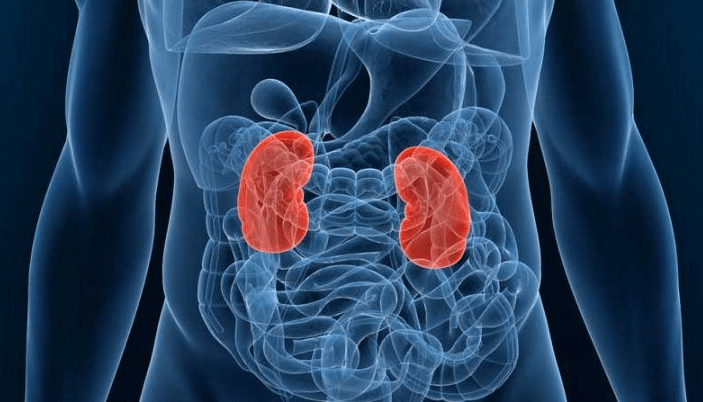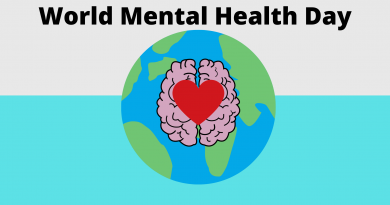Chronic Kidney Disease Crisis Rises in Africa
A recent position paper authored by 13 senior leaders from the African Association of Nephrology sheds light on the escalating issue of Chronic Kidney Disease (CKD) in Africa. This paper emphasizes the urgent need for attention and action to address CKD in the region, especially in light of World Kidney Day on 14 March 2024. The authors of the research paper, titled “Transporting Sodium-Glucose Cotransporter-2 Inhibitors to the African Continent: Challenges and Solutions,” call for concerted efforts to implement effective strategies to mitigate the increasing incidence of CKD across the continent.
CKD is a progressive condition that results in a loss of kidney function and has serious consequences for health and well-being. It is currently the 10th leading cause of death worldwide, affecting over 850 million people globally. Low- and middle-income countries, particularly in Africa, bear a significant burden of CKD cases. T
he position paper highlights the alarming rise in CKD prevalence in Africa, which is fueled by a triple burden of health challenges. The prevalence of CKD varies from 6% to 20% across different regions, placing a significant strain on healthcare systems. The situation is further exacerbated by the increasing rates of non-communicable diseases like diabetes and hypertension, as well as persistent infections such as HIV and hepatitis B and C. With an estimated 24 million adults in Africa currently living with diabetes, this number is projected to rise to 33 million by 2030 and 55 million by 2045.
Barriers and Obstacles
The challenges faced by Africa in addressing CKD are exacerbated by socioeconomic disparities, which not only restrict access to vital healthcare resources but also amplify the consequences of CKD throughout the continent. Among the noteworthy obstacles are limited financial means, low health literacy, and inadequate medical reimbursements. Additionally, the absence of CKD registries and real-world data presents an additional layer of complexity in tackling the issue. The report underscores the significance of developing educational materials, collecting regional data, and improving healthcare accessibility as crucial measures in overcoming these barriers.
A troubling revelation highlighted in the position paper is the diagnosis of CKD at a younger age in Africa, in comparison to individuals experiencing kidney failure in higher-income regions. It is alarming that many individuals with CKD in sub-Saharan Africa (SSA) are initially diagnosed with kidney failure, underscoring the severe impact of resource limitations, insufficient access to primary care services, and inadequate screening. Unfortunately, interventions at this advanced stage often prove futile for numerous patients, particularly in SSA.
According to Professor Abdou Niang, MD, FWACP, Head of the Nephrology Department at Cheikh A. Diop University in Dakar and President-elect of the African Association of Nephrology, “CKD is a silent killer that we must learn to detect early, in order to provide an effective response and prevent progression to the dialysis stage, the cost of which is unattainable for most populations on the African continent.”
The effective management and treatment of Chronic Kidney Disease (CKD) is crucial for improving patient outcomes. One key recommendation highlighted in the paper is the use of sodium-glucose cotransporter-2 inhibitors (SGLT2i) to address the complications associated with CKD. Integrating these innovative medications into standard care protocols can significantly benefit CKD patients in Africa.
Early detection and timely intervention are also emphasized in the position paper to prevent kidney failure and ultimately save lives. The authors suggest practical alternatives like dipstick detection for proteinuria to overcome challenges in current diagnostic methods. This cost-effective screening approach can help improve access to care for underserved populations.
Dr. Hussein Bagha, a Consultant Physician and Nephrologist at MP Shah Hospital in Nairobi, Kenya, underscores the importance of early diagnosis in delaying CKD progression. By combining SGLT2 inhibitors with RAAS blockers, the progression to End-Stage Kidney Disease (ESKD) can be significantly delayed, potentially up to 25 years.
In line with World Kidney Day’s theme, the paper advocates for a shift in how CKD is managed in Africa. It calls for a comprehensive clinical approach to screening, diagnosis, and treatment, emphasizing equitable access to care and optimal medication practices. Political will, capacity building of healthcare workers and patients, affordable pricing, and medication availability are all crucial factors in achieving kidney health for all in Africa and beyond.
As Africa continues to grapple with the increasing burden of CKD, it is imperative that immediate action is taken to enhance the quality of kidney care across the continent. Through collaboration, innovation, and a dedication to providing fair healthcare, significant progress can be achieved in enhancing outcomes and securing a healthier future for all individuals.
Dr. Khomotso Mashilane, the Medical Director at AstraZeneca, has expressed the company’s commitment to supporting endeavors aimed at tackling the prevalence of chronic kidney disease in Africa. AstraZeneca applauds the authors of the aforementioned position paper for their thorough and insightful depiction of the challenges associated with managing CKD in Africa. Their focus on the potential benefits of SGLT2 in conjunction with standard care represents a pivotal advancement in alleviating the burden and complications linked to CKD in Africa.




